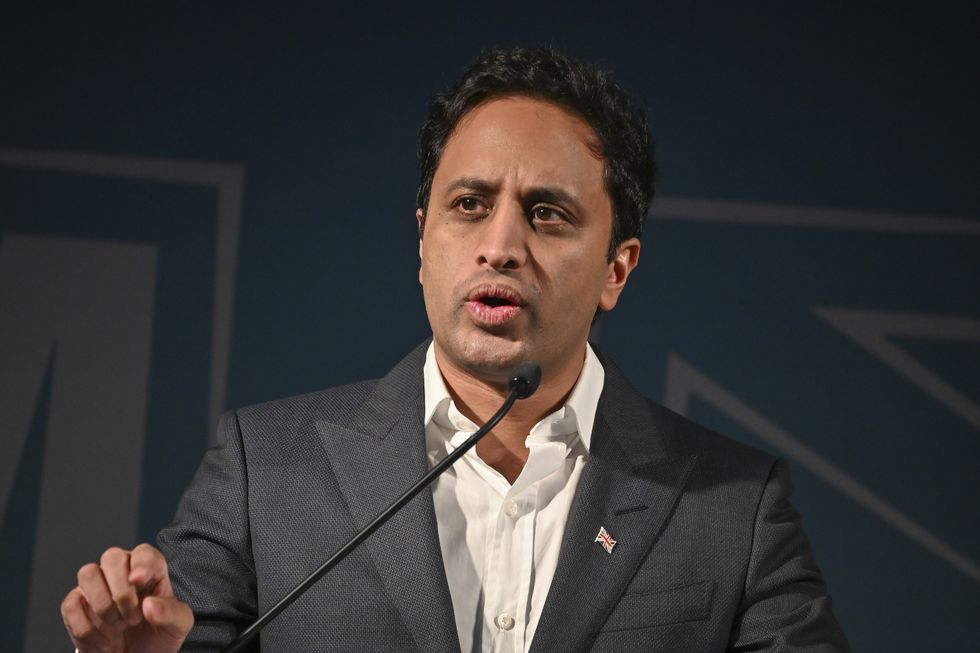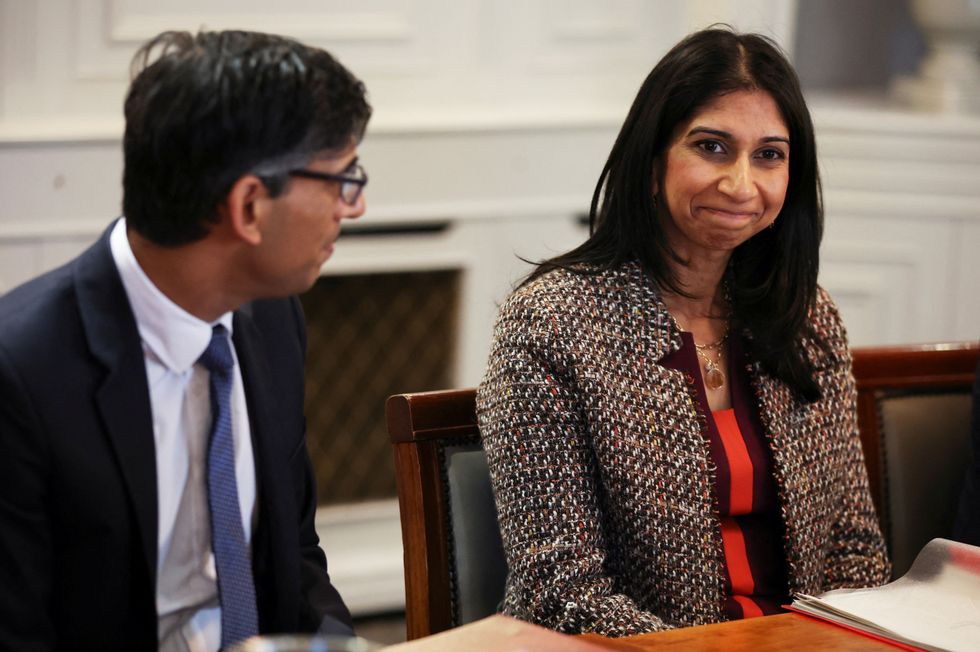by LAUREN CODLING
YOUNG ethnic minorities believe employment, the economy and education are the most concerning issues for their future, a new report revealed on Monday (8).
The Overcoming Poverty of Hope report by children’s charity Barnardo’s asked young people from white and ethnic backgrounds to pick the three issues which worried them the most in
relation to their future.
According to their survey, for 30 per cent of BAME respondents, the economy was one of the most important issues over the next three to five years, while 23 per cent believed that jobs and education mattered the most. Among those surveyed, 22 per cent said education
was a priority, while 21 per cent selected crime as a top concern.
A number of BAME respondents aged 16-24 admitted they did not feel the government listened to their concerns for the future.
At the report’s launch in parliament on Monday, Kiran Dhillon, 26, told Eastern Eye that young people had been ignored by government.
“We need to be listened to,” she said. “At the end of the day, we are the future generation. We are the future politicians, doctors and lawyers.”
Dhillon, from Ilford in east London, said the lack of stability was one of her pressing concerns. She believed that a decade ago, the usual path in life was set out for young people.
“It was a given that you would go to university, graduate, get a job and buy a house,” she said. “But there is so much uncertainty in relation to what young people are going to do now.
“It is something that I worry about.”
Among the survey’s other findings, 67 per cent of young people (both white and BAME respondents) believe their generation will be worse off than their parents, while 62 per cent said the government cared more about older generations than theirs.
Additional findings also revealed that 69 per cent of those surveyed felt their generation would have worse mental health compared to their parent’s generation.
Barnardo’s chief executive Javed Khan told Eastern Eye on Monday that he believes BAME youths have many complex challenges in modern Britain.
Since recent political events, such as Brexit, Khan said it appeared the UK has “lost sight of the challenges and complexities that young people face”.
For instance, Khan referred to a recent Barnardo’s report which showed that BAME young people are disproportionally represented as carers.
“Yet that isn’t recognised, and they often don’t access the services and support that exists for them,” Khan said. “We have to find ways to reach out to those young people, to give
them hope, and to give them some of their childhood back through a range of support.”
He added: “Collectively, we can help young people overcome this ‘poverty of hope’ by believing in them, nurturing their talents, providing opportunities, knocking down barriers, and listening to them when it comes to decisions that affect their futures.”
Among 11 recommendations, the report has urged government to address the need for more investment within child and adolescent mental health services; ensuring that all children,
young people and parents have access to education and guidance on safe social media use and committing to funding a long-term, multi-agency strategy to tackle the root causes of
youth violence.
Having grown up in care since the age of two, Dhillon admitted she did not have the best start in life. However, after being involved with the charity for the last four months, she praised Barnardo’s for giving her hope for the future.
“I hope the report will bring positive change for young people,” she said “And I hope they know that changes are trying to be made in their favour.”



















 Zia Yusuf
Zia Yusuf
 Sunak with Boris Johnson
Sunak with Boris Johnson Sunak with Suella Braverman
Sunak with Suella Braverman